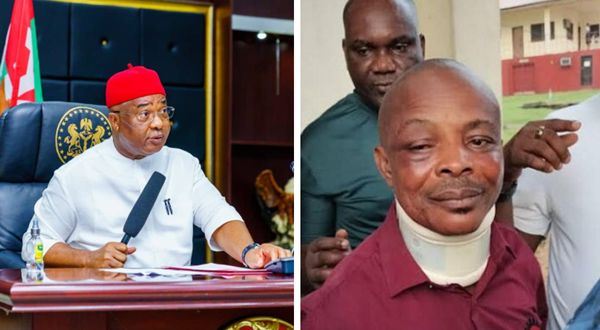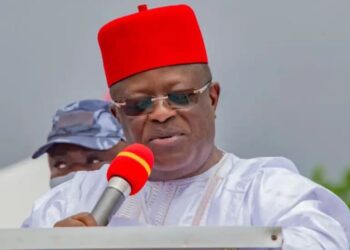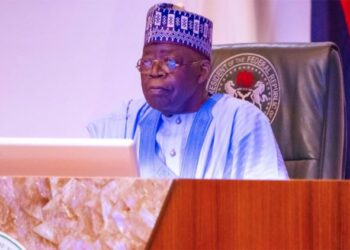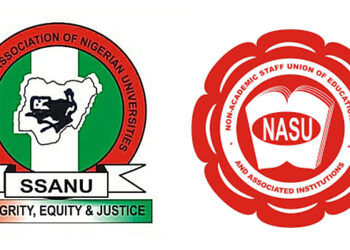The Non-Academic Staff Union of Educational and Associated Institutions (NASU) has strongly condemned the recent attack on Mr. Joe Ajaero, the President of the Nigeria Labour Congress (NLC).
The union’s reaction to the incident was conveyed through a statement signed by its General Secretary, Mr. Peters Adeyemi, in Abuja on Sunday.
Ajaero fell victim to the attack in Imo State on November 1 when he traveled to the Southeastern state to declare a mass protest against alleged anti-labour practices.
THE WITNESS NIGERIA had reported that Ajaero was subsequently detained by the police, although the police claimed that they took him into custody to protect him from further attacks by hoodlums.
Adeyemi firmly asserted that the attack on the union leader amounted to “a violation of trade union rights as well as the human rights of Ajaero.”
He emphasized that the rights exercised by Ajaero in Owerri, as the leader of Nigeria’s working people, are guaranteed by the Federal Republic of Nigeria’s 1999 Constitution (as amended) and International Labour Organization (ILO) Conventions.
“Nigeria, as an ILO member-state, has ratified ILO Conventions on Freedom of Association and Protection of the Right to Organize, 1948 (No.87), and the Right to Organize and Collective Bargaining, 1949 (No.98),”
Adeyemi said, pointing out that the Imo government has been involved in unfair labour practices, as it has failed to pay salaries and pensions, making it unjustifiable to attack workers’ union leaders who inquire about the non-payment of these dues.
He noted that Ajaero was on a solidarity visit to the workers in Imo and should not have been subjected to treatment “common in Nigeria only during military regimes.”
NASU further rejected the claims that Ajaero was held under “protective custody” for his own benefit and called on President Bola Tinubu to initiate a thorough investigation into the incident.
The union concluded by saying that it firmly believes that such incidents should not deter the exercise of fundamental human rights, including those related to labour and trade union activities.












